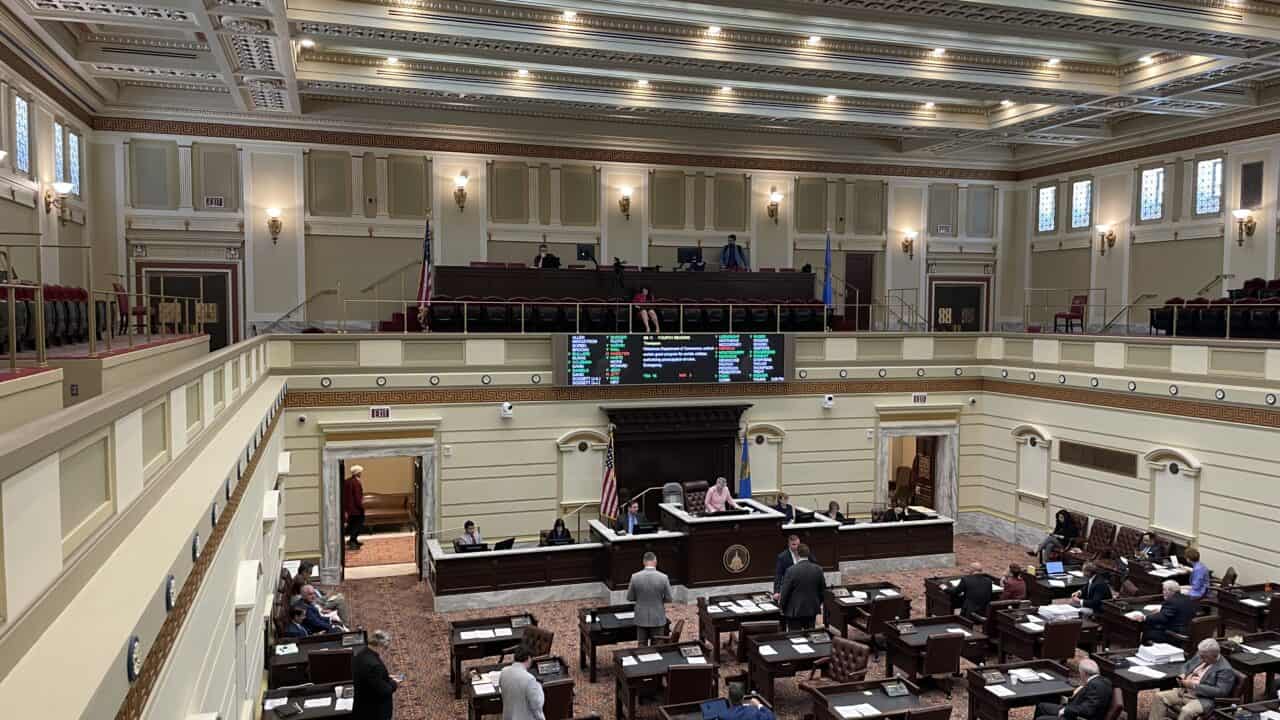
UPDATE: The Oklahoma House has passed a number of bills that would cut taxes in the state during a special session called by the Governor.
The House advanced a permanent 0.25% income tax rate cut (HB 1009), and a temporary version of the measure as well. Further, the chamber passed legislation to eliminate the sales tax on groceries (HB 1014, HB 1015).
Meanwhile, the Senate has refused to take up any of these measures despite their support in the House and from the Governor.
Inflation has been a key focus in Oklahoma, as it has been across the country, due in large part to President Biden and Democrats in Washington spending a lot, and restricting fossil fuel production.
Governor Stitt vetoed key tax provisions late in the regular legislative session, calling for a special session to instead provide permanent tax relief.
The bills offered in the House include an across-the-board rate reduction of 0.5%, HB 1010XXX, a significant cut that would also have the effect of eliminating the state’s bottom tax bracket. Another proposal, HB 1021XXX, would phase out the corporate income tax over time, as revenues increase by more than 2% over the prior tax year.
Also in focus is elimination of the state sales tax on groceries. Oklahoma is one of only seven states that tax grocery staples at the full sales tax rate. The strongest proposal, HB 1015XXX, eliminates the grocery tax and restricts localities from applying local taxes to groceries for a period of time.
Still missing on the agenda, is a phaseout proposal for the personal income tax – though a personal income tax elimination bill was proposed during regular session.
Clearly there is agreement among Republicans in the legislature and the Governor that Oklahomans deserve tax relief in the face of high inflation, but which proposals are matched together and passed remains to be seen.
A quarter of a percent rate cut across-the-board is another option that has been offered in the House. This is identical to the personal income tax reduction that was enacted last year. This would be a welcome savings for Oklahoma taxpayers, yet a step behind other states who are flattening, reducing, and eliminating their income taxes.
Eight states have no state income tax. Eight others have a flat rate tax, and 10 states have begun moving to phase out their income taxes. Last year 14 states cut their income taxes. New Hampshire passed reforms that will make it the ninth true no-income-tax state.
Governor Stitt called for a gradual elimination of the state income tax in his State of the State Address.
Reform is even more important for Oklahoma as the state’s top rate of 4.75% applies to a very low income threshold of $7,200 for individuals. The state is also one of just 13 states that do not index their income taxes for inflation. That would be an obvious step for inflation relief.
Most concerning are sentiments expressed by some in the Senate that tax cuts are risky because it will be difficult to increase taxes in the future, or expand other taxes (like sales tax to services), due to the state’s 3/4ths vote requirement for tax increases. For one, Republicans should be excited about reducing tax burdens. Revenue triggers are a proven policy that can be used to reduce rates over time while countering the risk of any sudden revenue shock.
Second, even President Obama said, “The last thing you want to do is to raise taxes in the middle of a recession.” Raising taxes due to a downturn should not be the first thought on anyone’s mind.
Senate Republicans should absolutely pursue tax reform responsibly. Sustainable reform is important, and the model of North Carolina, Louisiana, and others show tying future tax cuts to revenue benchmarks works.
A number of proposals now on the table offer temporary relief from the variety of taxes in question. Permanent relief should be the standard. Oklahoma needs to send the message the tax climate is getting better for good, and that the goal is a more competitive tax code going forward – with personal income tax elimination as the final step. With the Senate still holding out, the state is far away from achieving these goals.

